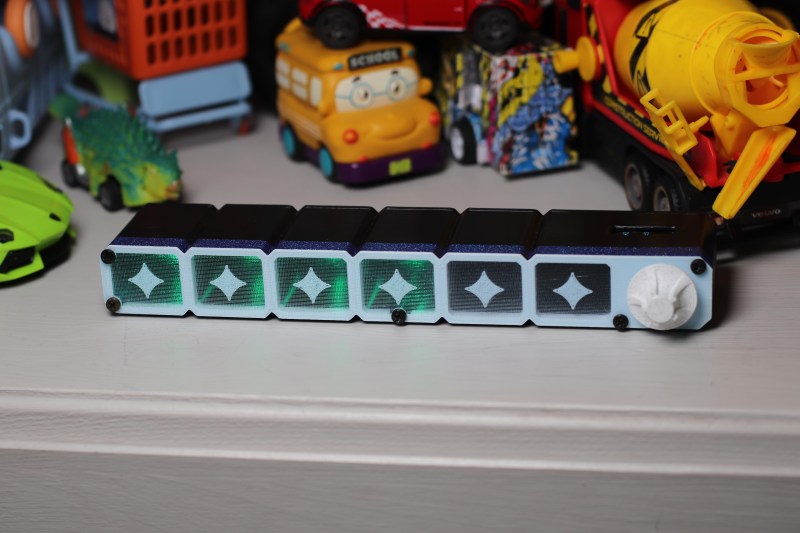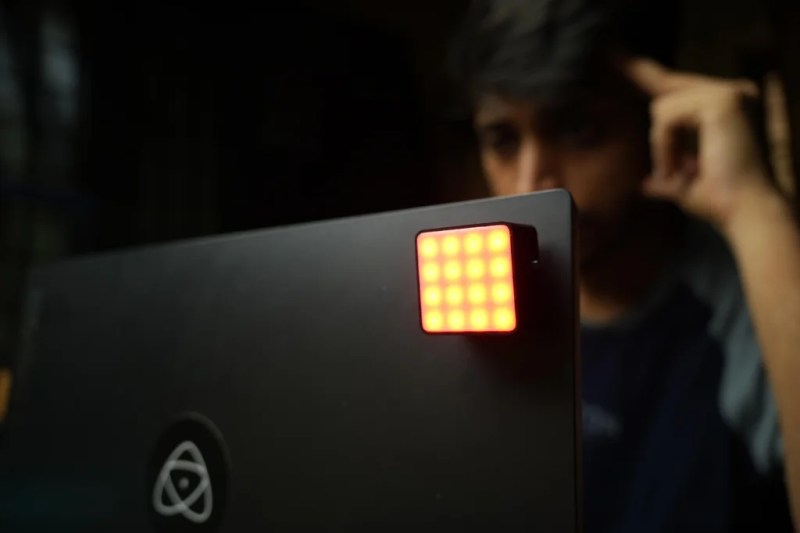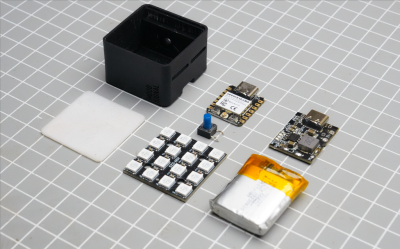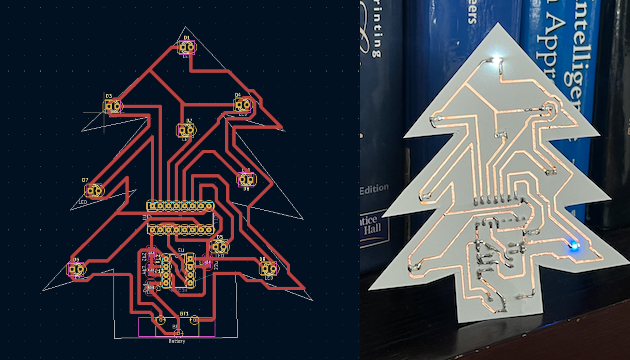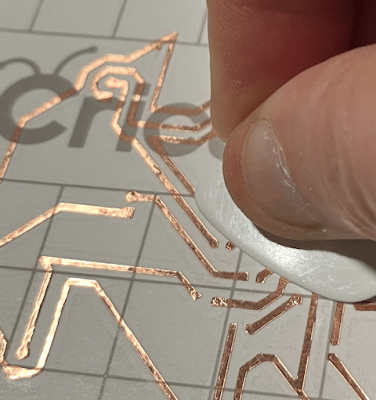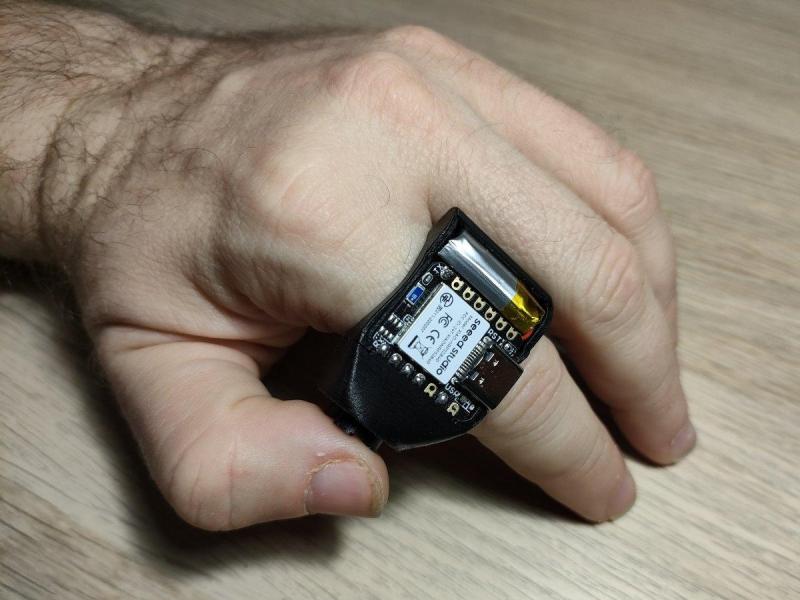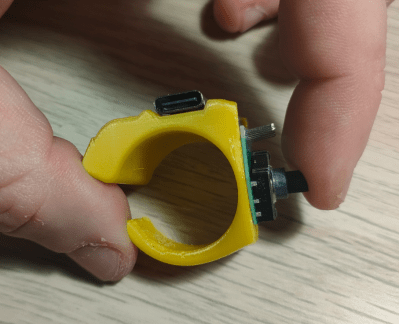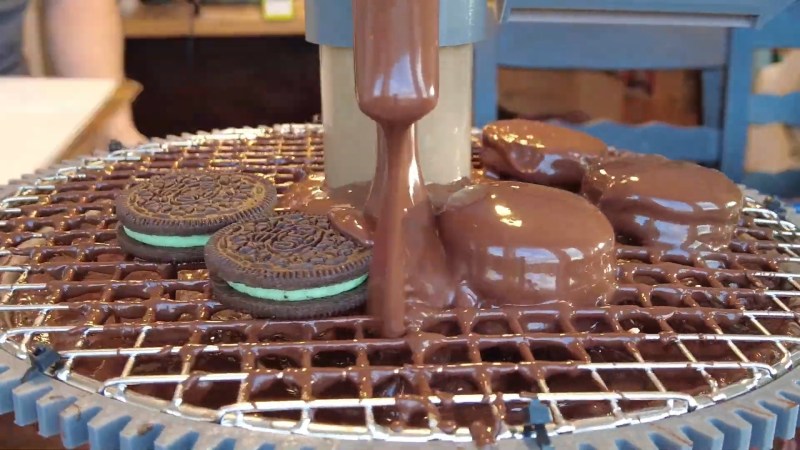Landing Soon: This Beautiful Weather Display
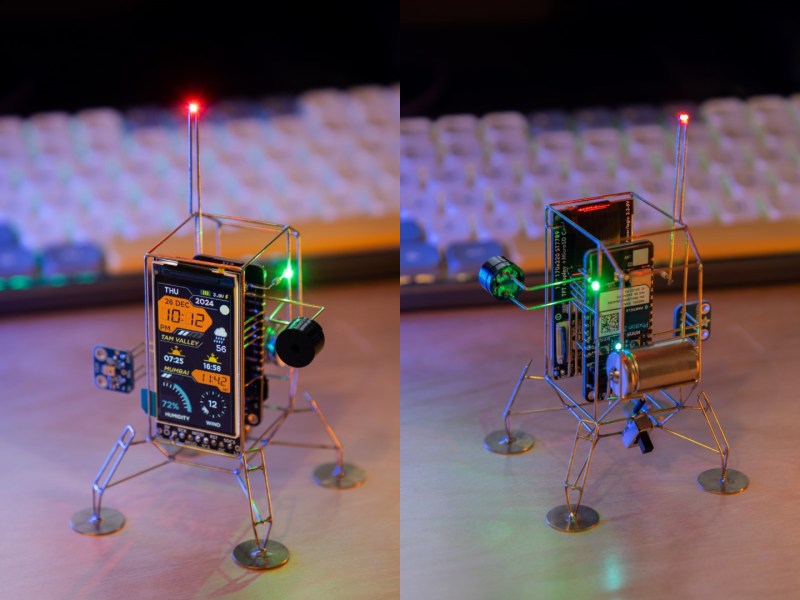
All wiring is beautiful, except when it isn’t. But is there anything more lovely to behold than circuit sculpture? Once again, [Mohit Bhoite] has made this process look easy like Sunday morning. This time, he’s created a weather display in the form of a lander.
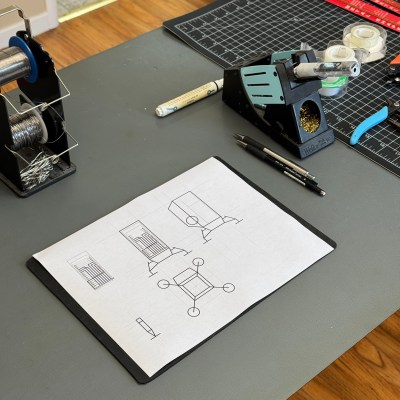 This lander runs on the Particle Photon 2, which connects over Wi-Fi and retrieves the weather forecast for the day, along with sunrise and sunset times and wind conditions. Everything is beautifully displayed on a vertically-oriented Adafruit 170×320 TFT screen.
This lander runs on the Particle Photon 2, which connects over Wi-Fi and retrieves the weather forecast for the day, along with sunrise and sunset times and wind conditions. Everything is beautifully displayed on a vertically-oriented Adafruit 170×320 TFT screen.
There’s also a pulse-density microphone (PDM) breakout board and a buzzer, and the build is capped off with a red 0805 LED. We’re not sure what the feet are made of, but they sure make this lander cute (and accurate).
All the project logs are picture-rich, which is really the most we could ask for when trying to imitate this level of greatness. This is apparently an ongoing project, and we’re excited for the end result, although it looks fairly complete from here.
Do you want to bend it like Bhoite? Then be sure to check out his Hackaday Supercon talk on the subject.
